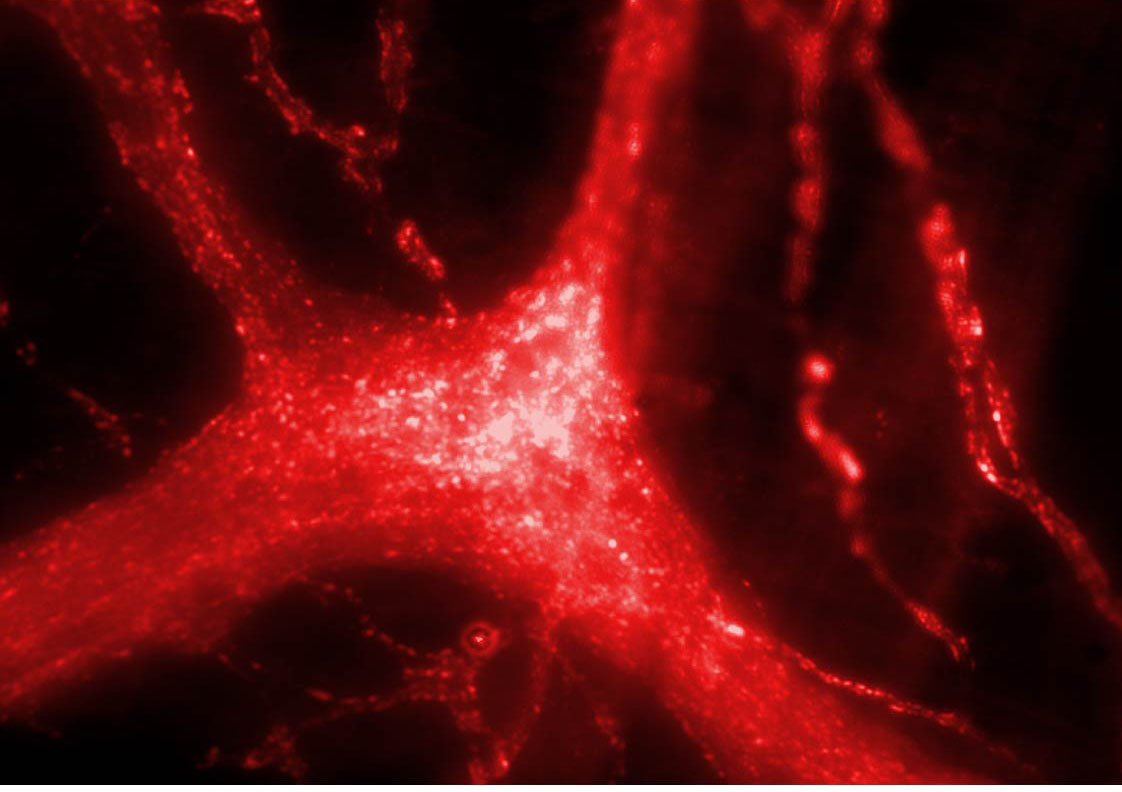Within the nootropic world, choline and acetylcholine are popular topics. What role do they have within the brain? How do they relate to cognition and brain health? Acetylcholine is a neurotransmitters that plays a large role in a variety of cognitive abilities.
Not only does it help improve memory, reasoning, and concentration, but it also creates protective benefits. This helps to reduce the effects of neurological decay and degenerative diseases. As many nootropics create these positive effects, it’s a topic being explored for Alzheimer’s and dementia research.
[sc:Acetyl-L-Carnitine ]
How Do Neurotransmitters Work?
There’s no doubt that our brain is highly complex. The way it communicates and functions is incredible, as we’re still learning new information everyday. When you think of neurotransmitters, picture them as chemical messengers within our brain.
These brain chemicals originate naturally within our body. They deliver messages from one neuron to another, communicating across synapses. When neurotransmitters travel between synapses, they bind to specific receptor sites.
These receptor sites are designed to receive messages from specific chemicals. When these receptor sites are activated, they will either fire an excitatory response, or an inhibitory response. Based on the response, we will experience different effects and benefits.
What Is Acetylcholine’s Role?
This neurotransmitter was the the first to be identified, back in 1914. Specific cells respond to acetylcholine, which are spread out across the brain. These sites are referred to as ‘cholinergic.’ When receptor sites are activated, communication is sent from the basal forebrain to the hippocampus. These areas manage learning and memory.
Acetylcholine is responsible for various processes, including the encoding of memories and our ability to concentrate. Acetylcholine also encourages synaptogenesis, which is the growth of healthy synapses within the brain. This helps increase the productivity of communication.
This is known as ‘neuro-plasticity,’ which is linked to various conditions. When there’s a lack of plasticity, diseases such as ADHD and Alzheimer’s are more probable. Not only does this neurotransmitter affect our brain, it also influences the respiratory and cardiovascular system.
How Does the Body Make Acetylcholine?
Although the body naturally produces acetylcholine, it needs specific pre-cursors. When choline is present, the body can naturally make this neurotransmitter. Choline is a nutrient, in which you should be supplying your brain with. Typically, you should consume around 550 mg of choline per day. At this consumption level, you’ll be able to maintain proper levels of acetylcholine, preserving its role in the brain.
There are various food sources that provide choline, including low-fat dairy, eggs, meat, seafood, nuts, and oat bran. However, even a healthy, balanced diet can leave you deficient of choline. This is why many individuals are supplementing.
How Can I Supplement Choline and Acetylcholine?
Taking acetylcholine on its own would not be effective, as it cannot cross the blood brain-barrier. An acetylcholine pill would not make its way to the brain, which would limit the effects you’re after. With that being said, there are several ways to boost choline, allowing your brain to make acetylcholine.
The first option is Citicoline, as it’s the most highly bioavailable form of choline. In comparison to any other supplement, Citicoline or CDP Choline, is the most effective for this purpose. Alpha GPC is another pre-cursor, breaking down into the chemical immediately. This supplement works as an antioxidant, while improving learning and memory.
You can also supplement with choline bitartrate, which is technically classified as a salt. Although it’s inexpensive and easy to find, it does not create strong benefits like the top options do. You can also consume pills of soy lecithin, which is the choline naturally found in meat, fish, and eggs. However, it can be difficult to get enough through this option.
Another way to increase acetylcholine is to block enzymes that inhibit this neurotransmitter in the brain. An example is Acetylcholinesterase, which is an enzyme that limits excessive levels of acetylcholine. Huperzine A is a great supplement to reduce inhibition, which allows your brain to retain higher levels of acetylcholine.
Choosing the Best Acetylcholine Supplements
When it comes to nootropics, sometimes you need to experiment with the best option for you and your needs. You can try any of the supplements mentioned above, or you can experiment with others. There are three basic types of acetylcholine supplements.
The first is agonists, such as Piracetam and other racetams. They help release more acetylcholine, by stimulating receptors. The second is choline sources as mentioned above. These target the production of acetylcholine. Last, there’s antagonists, such as Huperzine A.
Although each type directly affects acetylcholine, the best option will combine all three. You can stack Piracetam, Alpha GPC, and Huperzine A, to ensure the highest levels of acetylcholine. You aren’t limited to this stack, so your stack will depend on your personal goals.
